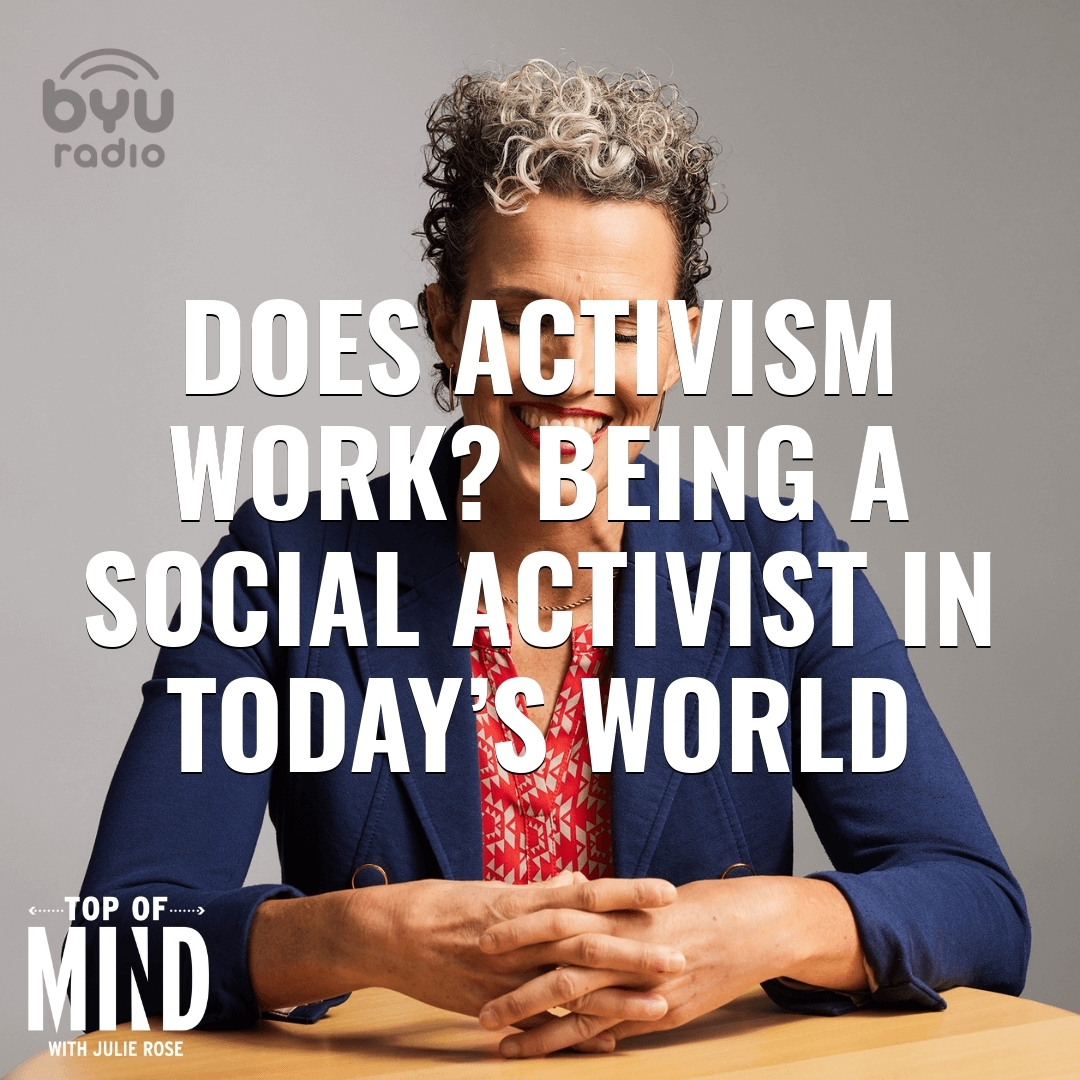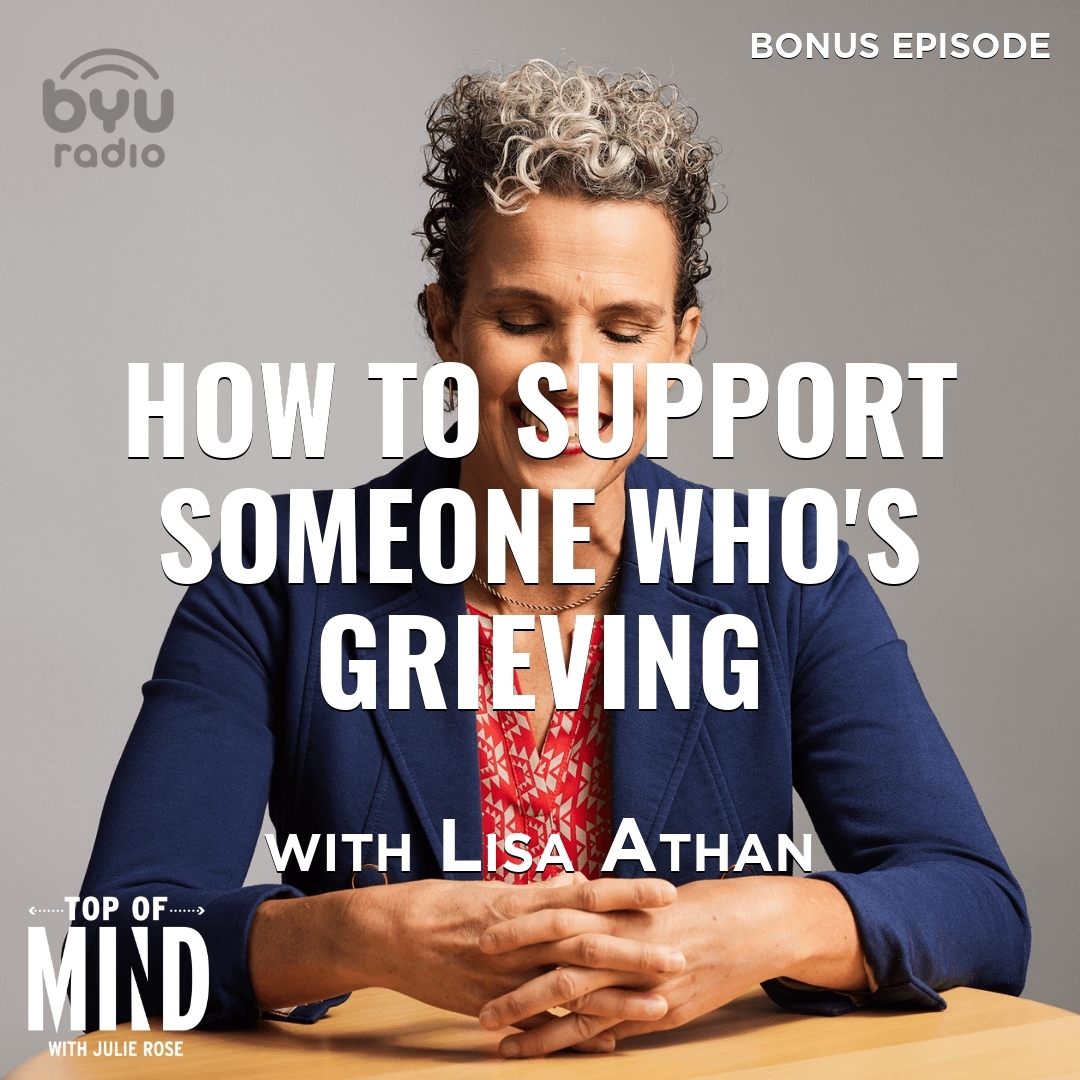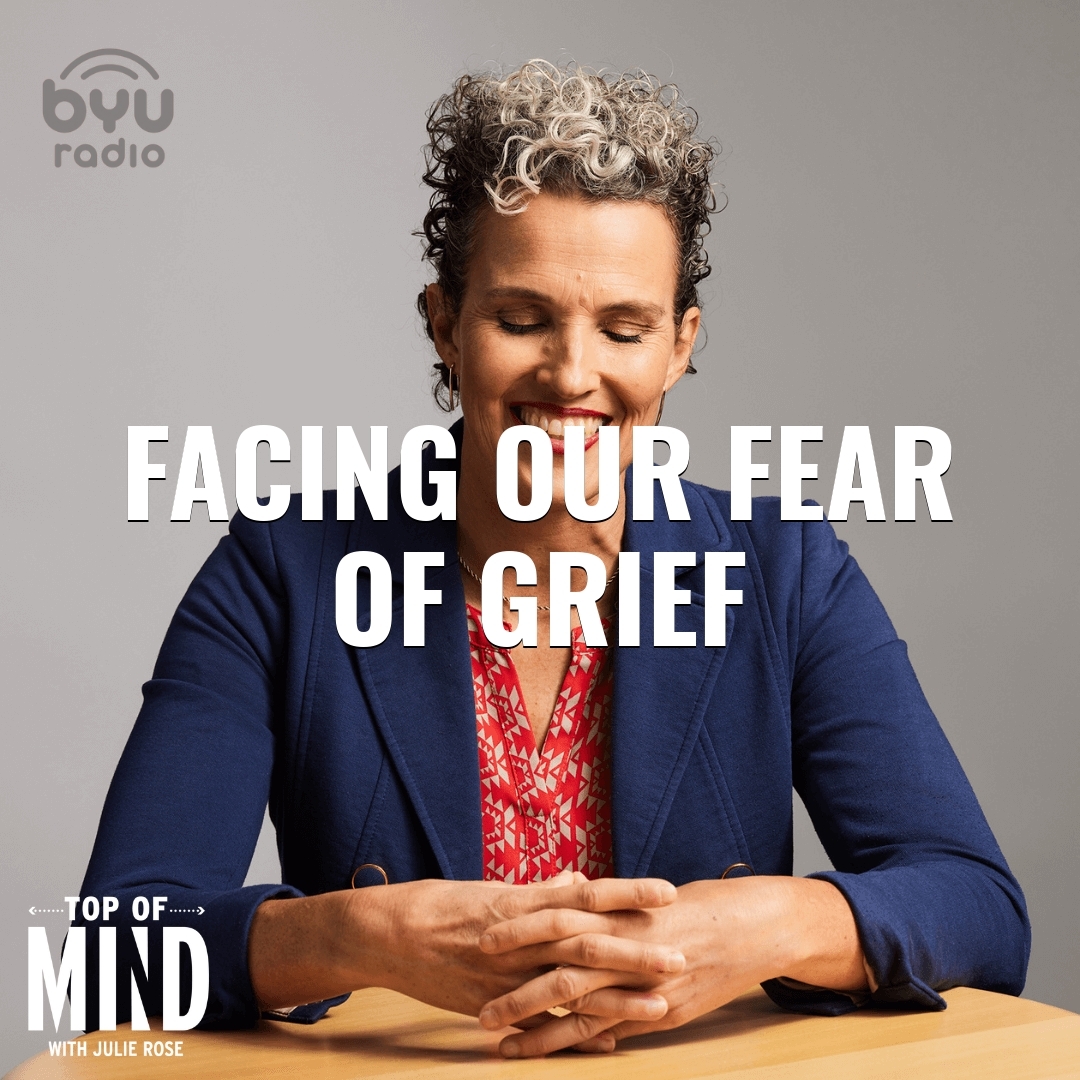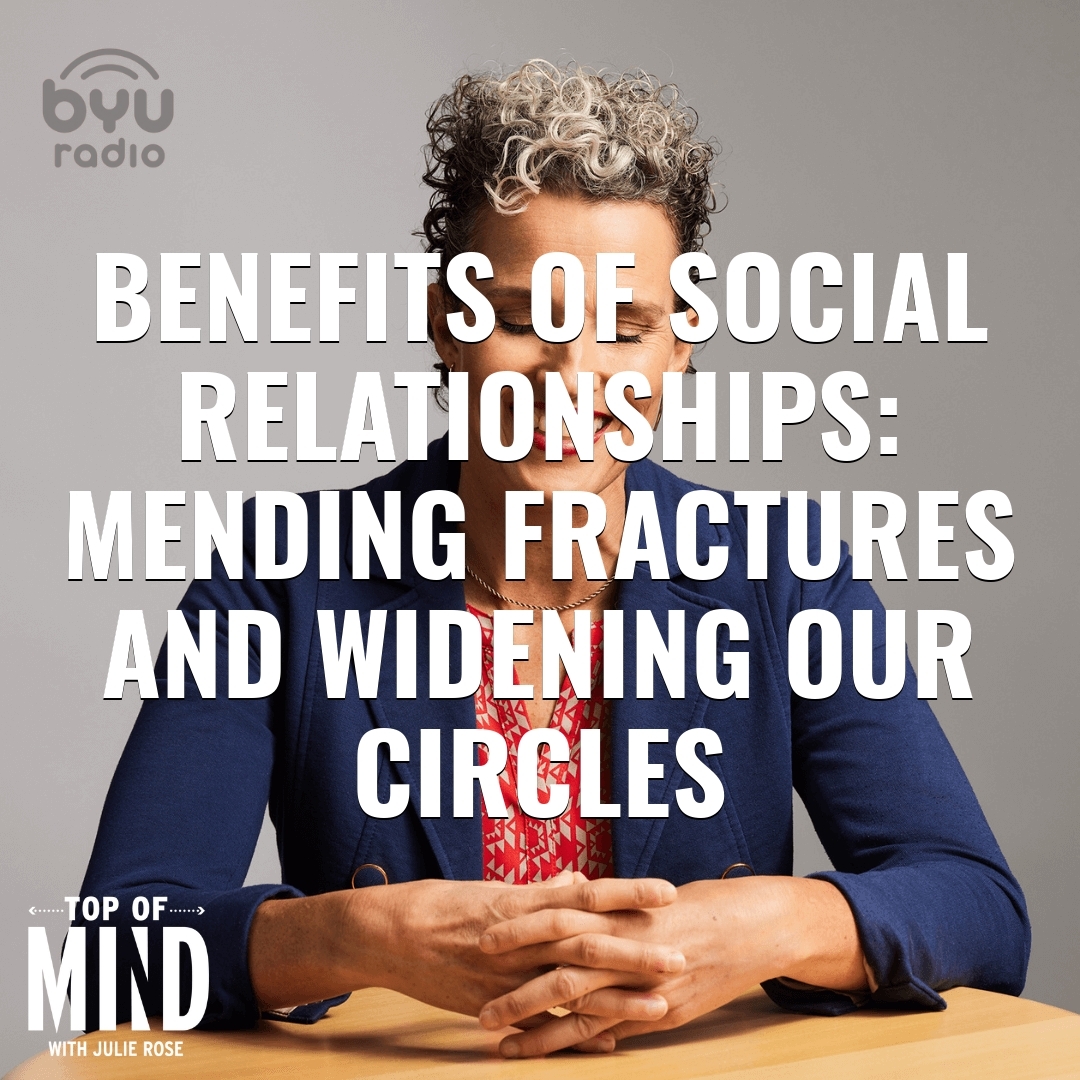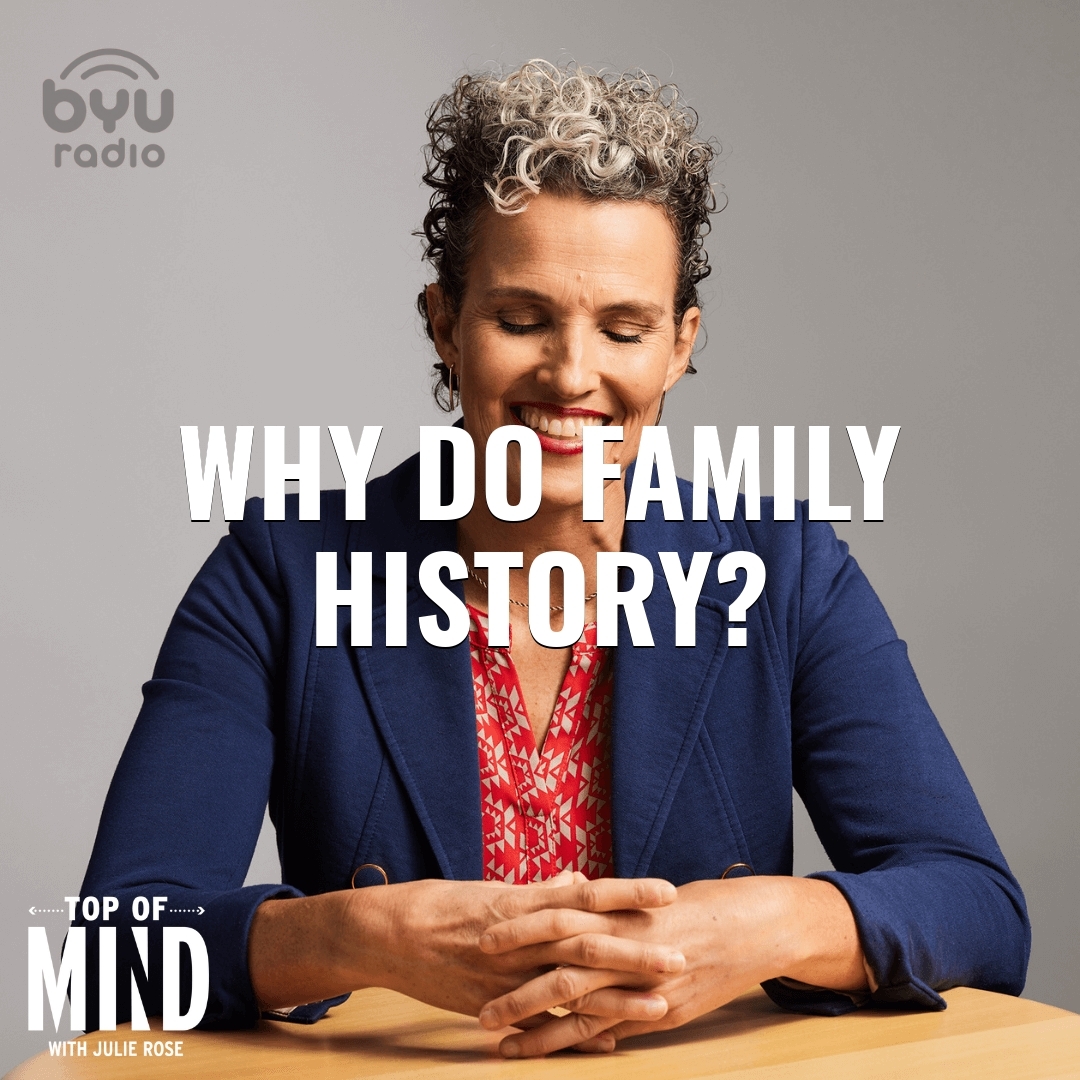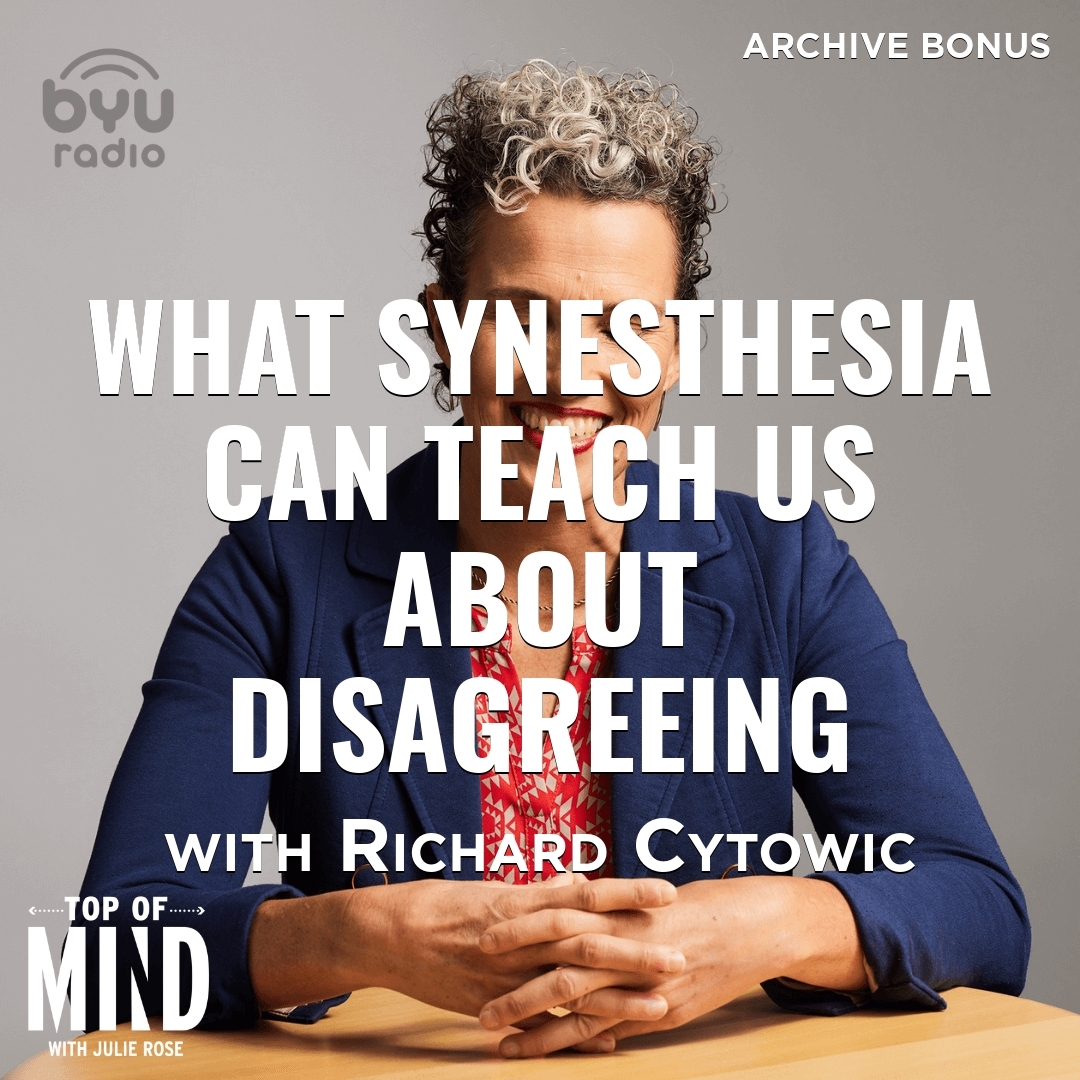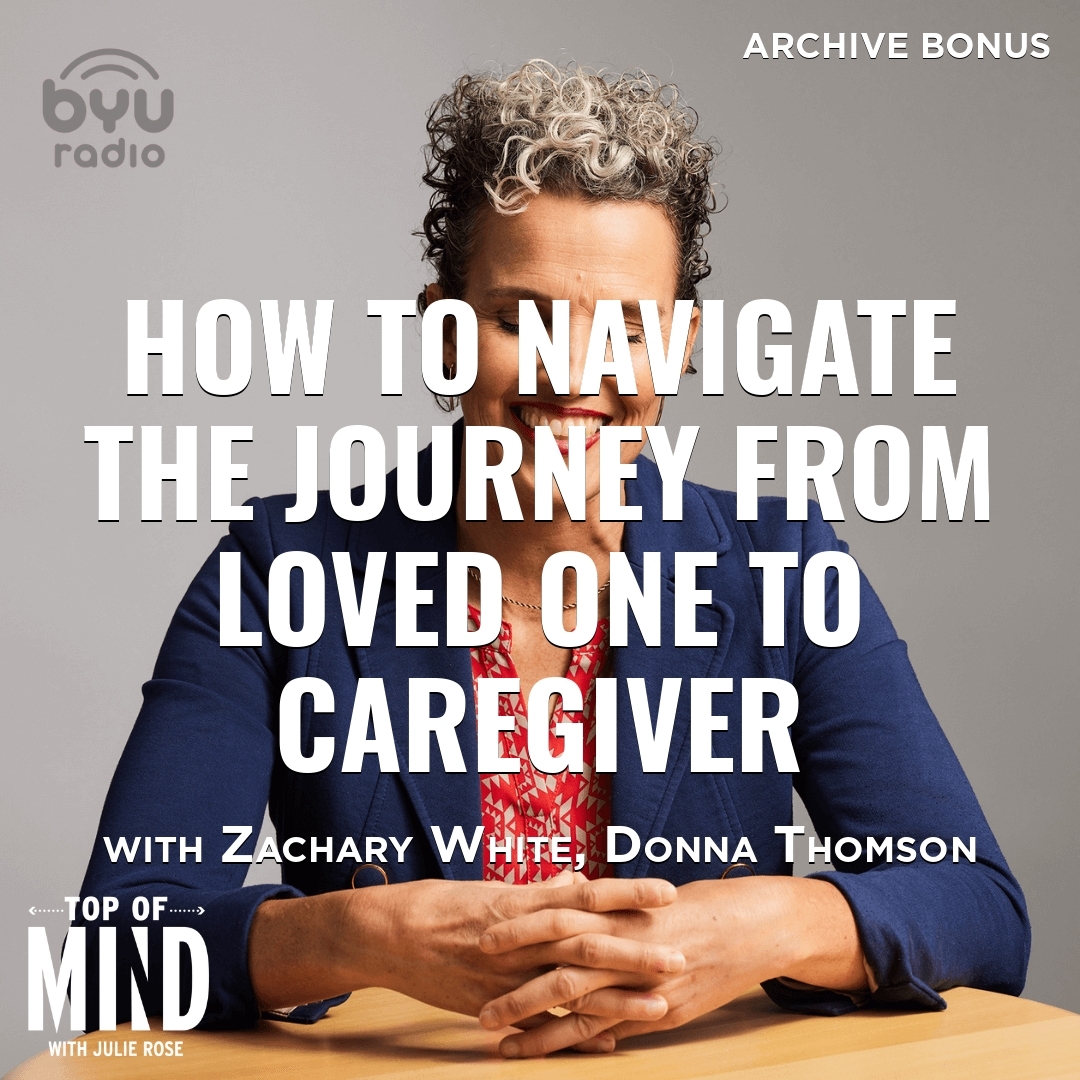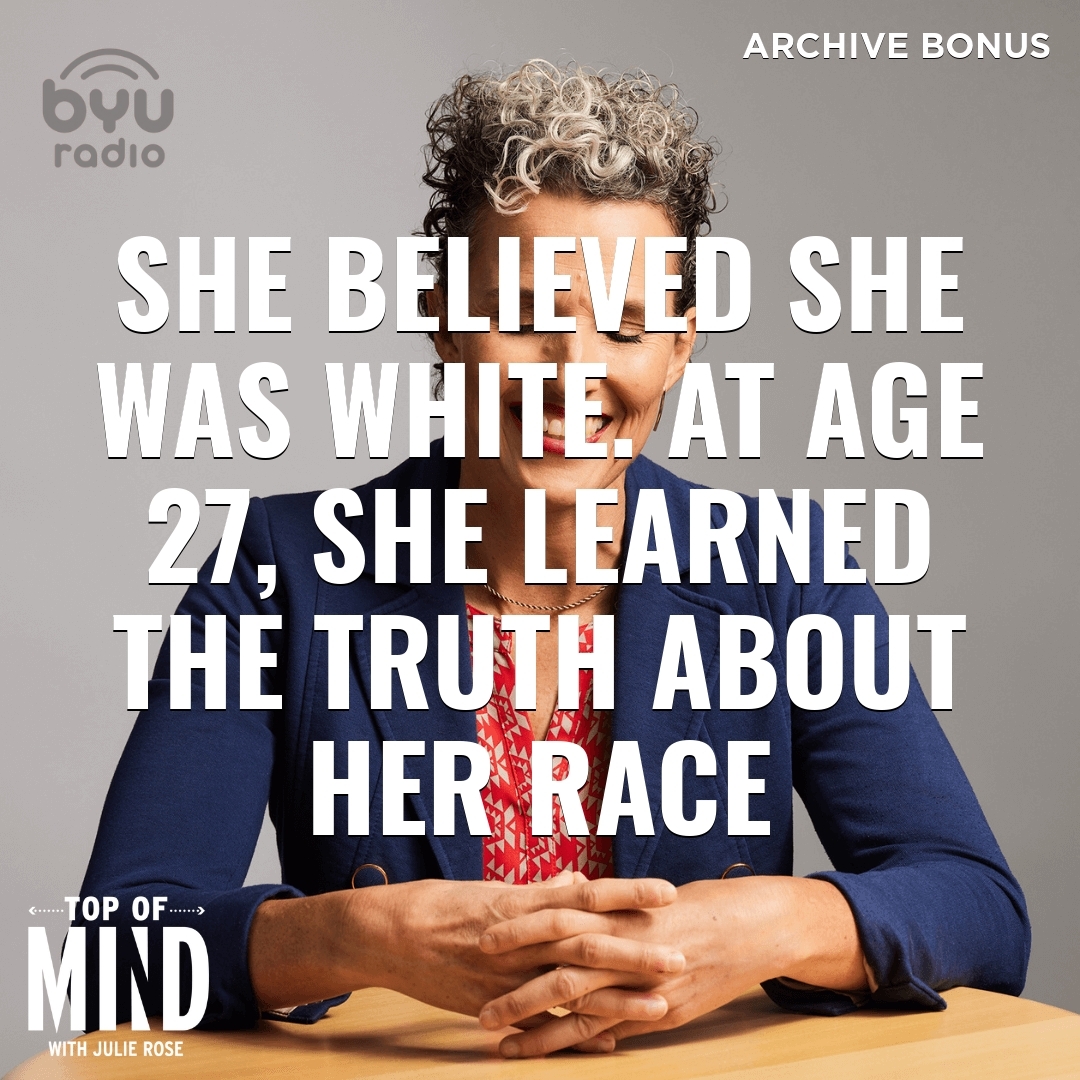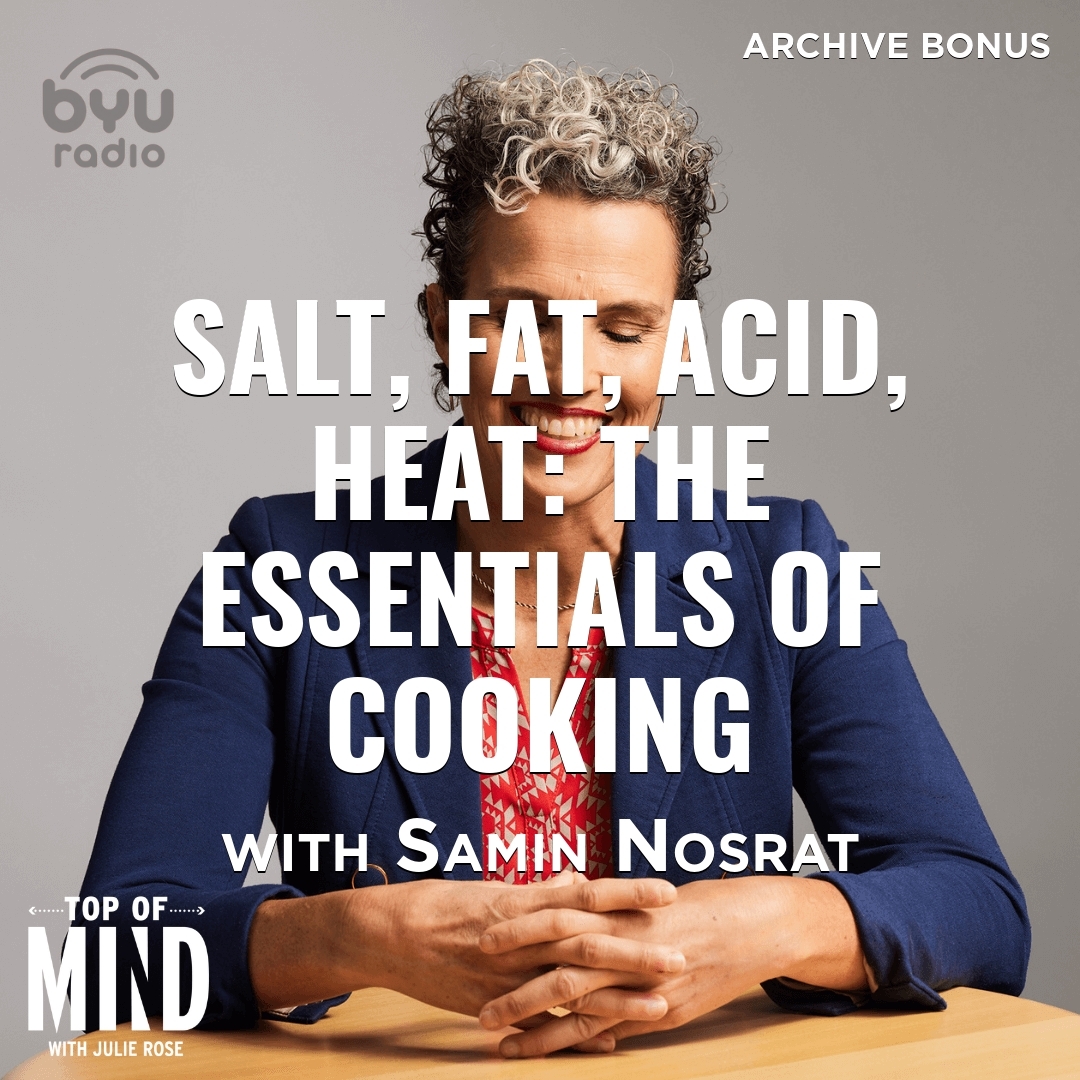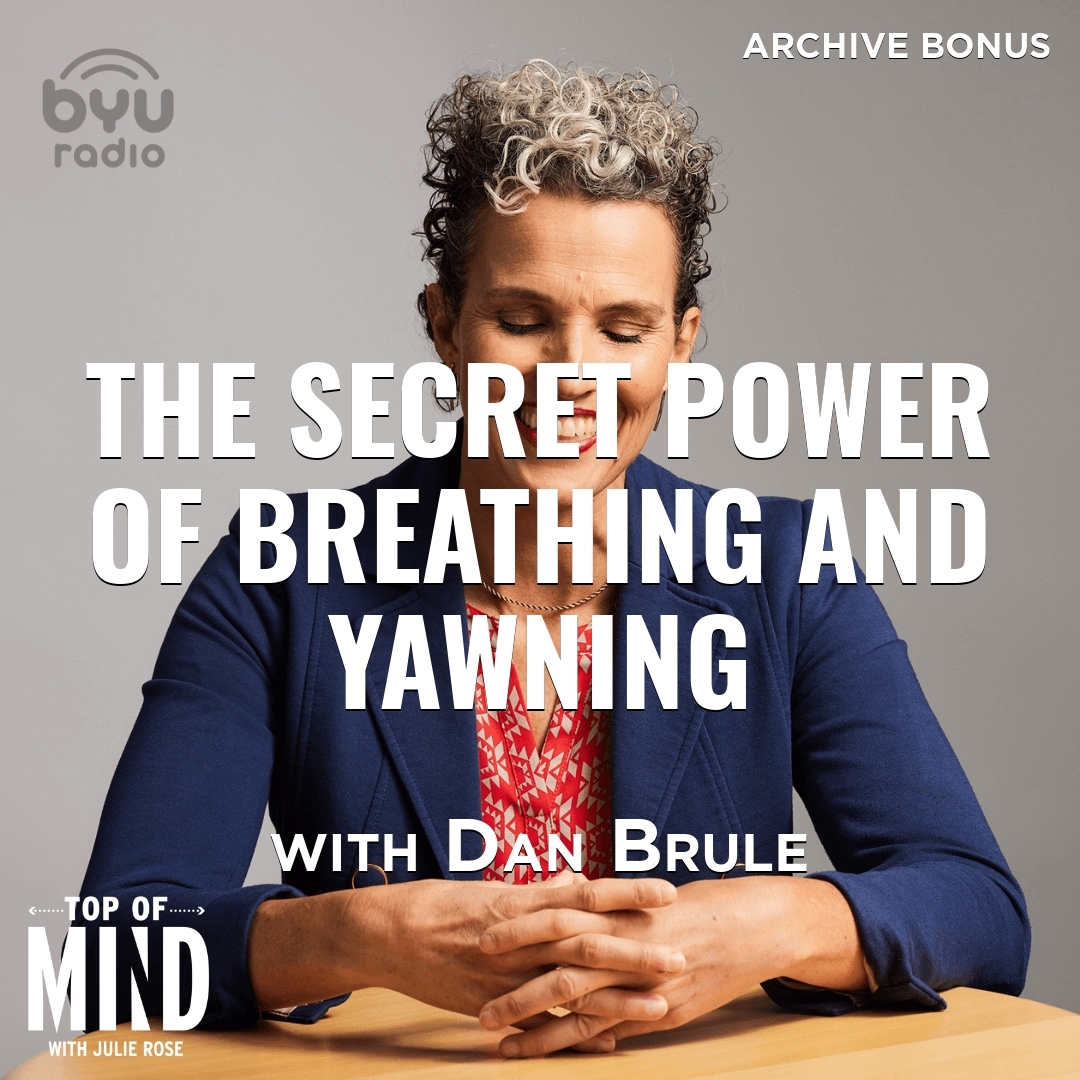Tackling tough topics in a way that will help you feel more empathy and empower you to become a better citizen, kinder neighbor, and more effective advocate. For people who are turned off by the divisive nature of the news, but still want to engage with important issues. Hosted by journalist Julie Rose, Top of Mind is a production of BYUradio.
The word “activist” tends to scare off a lot of people. And you may be wondering, does activism work? We often associate activism with social protests and political marches which get a lot of attention and can spark violence, but do they generate change? Iff we thought about activism differently, would more of us be motivated to work for change? In this podcast episode, we look to the example of Rosa Parks who did so much more than refuse to give up her seat on a segregated bus. And we consider why viral hashtags on social media rarely lead to big, lasting change. Plus, how a new definition of activism could motivate more of us to work on making the world a better place.
A major side effect of being such a grief-averse culture is the sheer panic many of us feel when confronted with someone who’s suffered a devastating loss. What can you possibly say or do that will help? In this bonus episode you’ll hear Julie’s full conversation with grief specialist Lisa Athan. It’s packed full of practical tips and uplifting insight.
Guest:
Grief from death or loss is a normal part of life. Yet, simply thinking about grief can raise feelings of fear, anxiety, and hopelessness. Why is our culture so uncomfortable with intense grief? American rituals are designed to keep mourning quiet and private. We mutter clichés that offer little comfort and expect grieving to be like getting the flu – you feel really bad and then you get better. We make even less space for grieving pets, or pregnancy loss. In today’s podcast episode we consider how we can face our fear of grief and what might be different if we allowed feelings of grief to be bigger, longer, and more public?
What if you sent a hand-written, two-page letter to every single one of your Facebook friends? What if you struck up conversations with strangers more often? What if you mended a fracture in your family? Whether we are connecting with friends or family, the benefits of social relationships are numerous. We often hear about how social interaction and connection can improve our mental and physical health. But can relationships also be a way to heal our societal divisions and strengthen our communities? In this podcast episode, we explore how widening our circles and tending to relationships more mindfully could be good for us - and society.
Learning about our ancestors may not seem all that interesting – or important. So why do family history? It turns out that there is a compelling case for learning about our past. Research suggests that learning about our ancestors’ stories, culture, traditions, and lives can help us understand our own identity, connect with others, and inspire us to be better people. But what happens if our past is filled with dark stories that we would rather not be associated with? Is doing family history still worth it? In this podcast episode, we explore how family history can open new doors, build resiliency within families, and the value in digging a little deeper to understand your past.
People with synesthesia perceive the world very differently from the rest of us. Their senses merge so that sounds might also have tastes. The days of the week may be different colors. Numbers and letters might correspond to musical notes. This final installment in our summer series of archive interviews is especially meaningful to Julie because it drives home how two people can look at the same thing and see it very differently. What can the science of synesthesia teach us about navigating divisive issues we feel strongly about?
Caregiving for a loved one can be difficult and confusing. Julie and her siblings are among the more than 20 million Americans who currently care for an aging parent- so this week's pick from the Top of Mind live radio archive hits close to home. In 2020, Julie spoke with Zachary White and Donna Thomson who combine their personal and professional experience into a "how to" handbook for the rest of us called “The Unexpected Journey of Caring."
Sarah Valentine grew up believing she was the white daughter of her white parents. As an adult she learned her parents had been lying to her. She’s actually half Black. That truth completely unraveled Valentine’s sense of identity, which she writes about in her memoir “When I Was White.” Top of Mind host Julie Rose says she thinks often about this interview from our daily radio show archive because it really led her question her assumptions about race and racism. Top of Mind is a BYUradio podcast.
Netflix star Samin Nosrat shares the one amazing meal that inspired her to become a professional chef. Her cookbook “Salt, Fat, Acid, Heat” is a guide to the essential elements of successful cooking. In another of Julie’s favorite conversations from the Top of Mind live radio show archives, Nosrat explains how to make delicious food whether you’re a conscientious recipe-follower or a free-wheeling experimenter (like Julie). Top of Mind is a BYUradio podcast.
This week, Julie shares a conversation from Top of Mind’s live radio show archive that changed her life. In 2017 she spoke with Dan Brule, who is one of the world’s leading experts on breathwork. He recommends taking time daily to practice breathing. The techniques he shared have become Julie’s best tool for coping with stress and anxiety.

